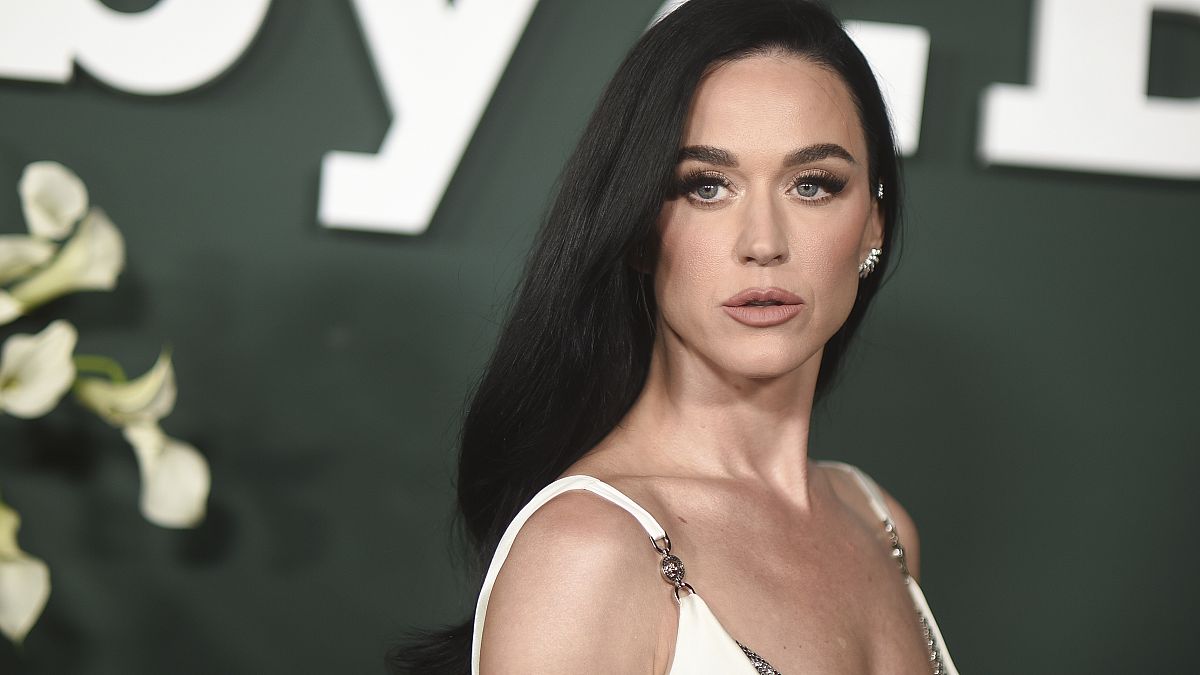Sports
Rights expert calls for ending discriminatory policies and practices in sport

“States must take positive actions to eradicate discrimination based on gender, ethnic identity, legal status, age or any other factor, including indirect, intersectional and structural factors,” said Alexandra Xanthaki, presenting her latest report to the UN General Assembly in New York.
It addresses the right to participate in sports as an important element of the right to participate in cultural life.
‘Neutrality’ not an option
Ms. Xanthaki said sports associations have the responsibility to respect human rights and cannot use the “autonomy of sport” to shield themselves from external accountability.
They must devise clear and effective redress of present and historical abuses, she said, and victims and civil society need to be involved.
The rights expert said “neutrality” in sports is not relevant when it comes to human rights issues, claims and campaigns, but noted that “unfortunately, double standards in dealing with difficult issues are rampant” at the elite level.
Assumptions and prohibitions
In urging States to end discrimination in sports, she also recalled their obligation to act to prevent and redress violations committed by entities based within their territories.
She said any limitations of the right to participate in sports should be proportionate and based on a legitimate aim.
She warned that blanket prohibitions on the grounds of nationality or of all female transgender persons, and intrusive practices for women athletes with sex variations, are against current human rights standards.
“Decisions that prevent women from competing that are grounded on assumptions of who a woman is or how she should behave, must immediately be revised,” she said.
Sports for all
Ms. Xanthaki stressed that everyone has the right to participate in sports. As such, States and sports associations must adopt measures and policies to ensure a safe and positive environment where this right is realized.
Moreover, with help from the media, they must implement campaigns that promote diversity and inclusion at all levels of sports, while also countering false assumptions and prejudices.
“It is imperative that a cultural rights approach is used to discuss the bias in sport, examine who sits at the table to decide on its directions, who benefits from sports, who suffers from harm, how to mitigate risks of human rights violations in a culturally appropriate manner and strengthen the benefits sports can have for individuals and societies,” she said.
About UN Rapporteurs
Special Rapporteurs are appointed by the UN Human Rights Council to monitor and report on specific country situations of thematic issues in all parts of the world.
They are part of what is known as the Special Procedures of the Council, which is the largest body of independent experts in the UN Human Rights system.
These experts work on a voluntary basis; they are not UN staff and do not receive a salary for their work. They are independent from any government or organization and serve in their individual capacity.








